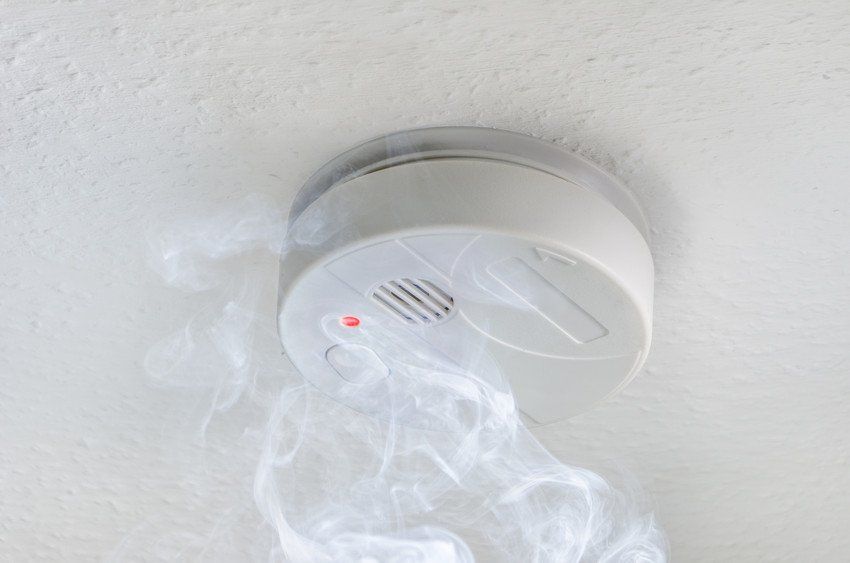Domestic Fire Protection – 5 Tips for a Safer Family Home
While businesses and organisations have to comply with strict fire safety regulations, private homes rarely have in place the measures and systems to create a fire safe environment. Nonetheless, just in 2021, the UK recorded over 27,000 primary dwelling fires which caused damage to properties, items, and people, and claimed the lives of over 193 individuals (an increase of 4% compared to previous years).
These statistics highlight the importance of fireproofing your home and implementing fire prevention and protection measures to safeguard the health and well-being of your entire family. If you are unsure how to get started, the tips below can help - but don’t underestimate the importance of working with a fire protection expert!
Install and Maintain Smoke Alarms
Installing smoke detectors and alarms is paramount to making your home fire safer. Fire detection systems are invaluable tools to discover a fire promptly, reduce damage to property and individuals, and maximise fire extinguishing efforts.
In the event of a primary fire which you are unable to control, smoke detectors can also buy your family enough time to leave the home unharmed and contact fire emergency services.
A fire protection expert can help you understand where and how to install smoke detectors. However, ideally, you should place them on each level of your home and inside sleeping areas, and test them every month.
Agree on a Fire Escape Plan
While most businesses are required by law to have a fire escape plan in place, most families forego this important step. Once you have determined the plan to execute in the event of a fire and highlighted suitable escape routes, practice fire drills at least twice a year following these best practices:
● Learn to “fall and roll” (especially out of bed in the event of a night-time fire)
● Practise your escape route while staying low
● Practise touching, opening, and closing doors safely
● Help other members of the household, including young children and older adults with mobility issues
● Get out of the house (at a predetermined meeting point) and stay outside
● Know how to call fire emergency services
Invest in Quality Fire Extinguishers
Fire extinguishers can help you address a small fire before it can develop further and cause severe structural damage to the building. Speak to a fire safety expert to understand the best types of extinguishers to have in the house, and learn how to use them in the event of a fire.
If you are unsure you can handle the fire, you should not try to do so - call the emergency services instead!
Inspect and Maintain Home Appliances and Electrical Outlets
Causing over 20,000 dwelling fires a year, electrical outlets and appliances represent one of the leading causes of house fires in the UK. While the number of devices and appliances households use is on the rise, you should make sure to keep in mind best practices such as:
● Get your outlets professionally inspected and tested once a year
● Unplug your devices and appliances when not in use or when you leave the house
● Use power surge protectors
● Give enough space to heaters
● Reduce clutter and opt for non-flammable materials
Partner With a Fire Safety Expert
While house fires are one of the main domestic risks for families across the country, most accidents can be easily prevented by following best practices and partnering with a fire safety expert. Get in touch with
Thameside Fire Protection to feel safer in your home today.


